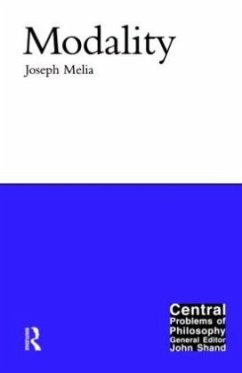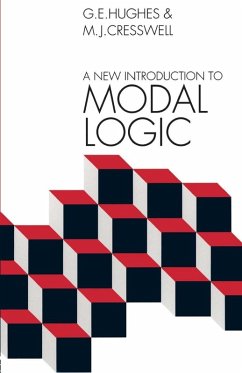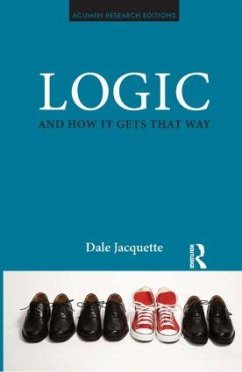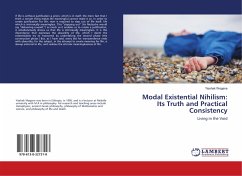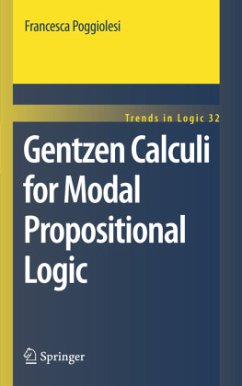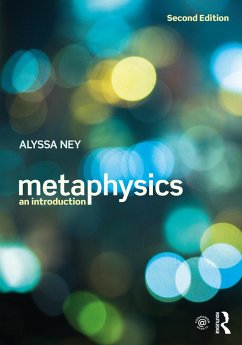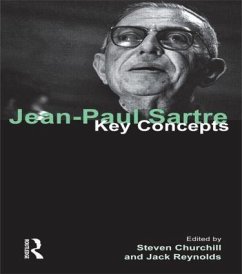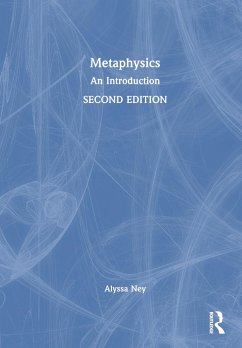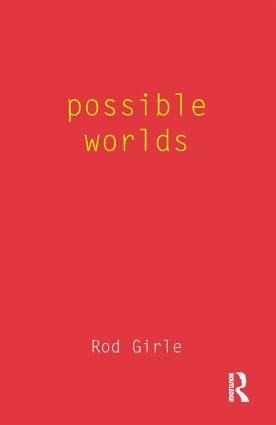
Possible Worlds

PAYBACK Punkte
19 °P sammeln!
Ever since Saul Kripke and others developed a semantic interpretation for modal logic, 'possible worlds' has been a much debated issue in contemporary metaphysics. To propose the idea of a possible world that differs in some way from our actual world - for example a world where the grass is red or where no people exist - can help us to analyse and understand a wide range of philosophical concepts, such as counterfactuals, properties, modality, and of course, the notions of possibility and necessity. This book examines the ways in which possible worlds have been used as a framework for consider...
Ever since Saul Kripke and others developed a semantic interpretation for modal logic, 'possible worlds' has been a much debated issue in contemporary metaphysics. To propose the idea of a possible world that differs in some way from our actual world - for example a world where the grass is red or where no people exist - can help us to analyse and understand a wide range of philosophical concepts, such as counterfactuals, properties, modality, and of course, the notions of possibility and necessity. This book examines the ways in which possible worlds have been used as a framework for considering problems in logic and argument analysis. The book begins with a non-technical introduction to the basic ideas of modal logic in terms of Kripke's possible worlds and then moves on to a discussion of 'possible for' and 'possible that'. The central chapters examine questions of meaning, epistemic possibility, temporal logic, metaphysics, and impossibility. Girle also investigates how the idea of a possible world can be put to use in different areas of philosophy, the problems it may raise, and the benefits that can be gained.





